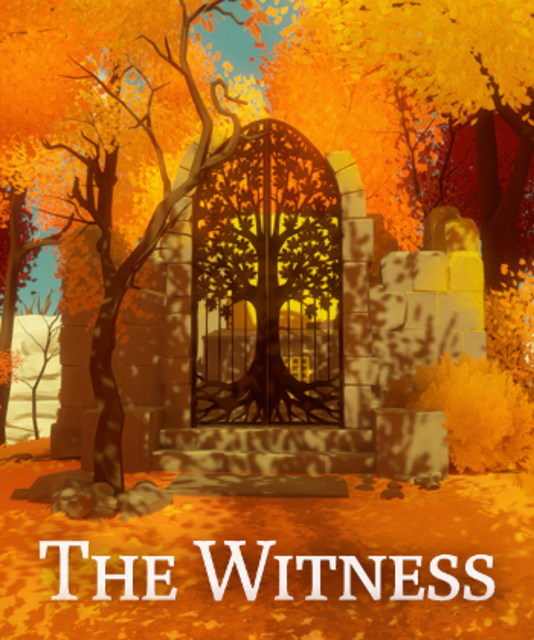I was 5 years old when The Legend Of Zelda came out. It's hard to remember, exactly, my first time playing the game. All I remember was that I loved it. I played it ceaselessly. I thought about it constantly. It was my favorite video game.
I remember having a conversation with a kid at school over lunch. We were both playing The Legend of Zelda and we were trading stories of our exploits in the land of Hyrule. I remember him, as clearly as if it were yesterday, telling me an extended story about how he and his dad had been playing the game the night before. He had discovered a secret area with a large tree that extended up to the sky. They claimed the tree and at the top, they found a nest with a key in it. But when they went to get the key, a giant bird flew onto the screen and carried them away. I was awestruck and hanging on his every word. There was a secret area I hadn't seen before? You can climb trees? There are birds big enough to carry Link away? Where did he take them? How do I find this place?
It turns out you can't. He was lying, which is painfully obvious today. The reason I remember this story so well is that it's the first instance that I can recall of someone lying to me for no reason, and because while he was making up an outlandish story about a video game that wasn't remotely true... it COULD have been.
The Legend of Zelda was a phenomenal game largely because of it's sense of mystery and discovery. This doesn't get talked about nearly enough, but the most astounding and amazing thing about The Legend Of Zelda was that you, as the player, had absolutely no idea where Zelda was or what she looked like. As you battled your way through Hyrule, eventually scouring the land from corner to corner, you were ACTUALLY LOOKING for Zelda. She could be anywhere. Part of the appeal of that game and the way it was constructed, was that any square inch of the game world could hold a secret. For all you knew, Zelda could have been hidden on the very first screen of the game, if only you had the tools to discover her.
Once I had beaten the Legend of Zelda, I waited impatiently for the rumored sequel to debut. A few years later I was treated to playing the phenomenal Zelda II: The Adventure of Link. But, as everyone knows, Zelda 2 wasn't a true sequel to The Legend of Zelda. Sure it still starred Link. Sure it featured some of the same badguys and environments. Sure it was created by the same company and many of the same developers. But what was missing from the game was that feeling of mystery and exploration. (It was replaced by amazing combat, and wonderful new environments).
For most of my game playing life, I have always wanted a sequel to The Legend Of Zelda. Not just a game that featured Link and Hyrule, I wanted a game that made me feel the way The Legend of Zelda made me feel. I wanted that sense of mystery and exploration back. I wanted that feeling where every square inch of the game world could be hiding a secret if I just knew where to look.
I feel like The Witness is a game very much like what i have been waiting for. The similarities to The Legend Of Zelda are numerous and immediately apparent. Both games take place on small but dense land masses where just a few steps can take you from beach, to evergreen forest, to autumn forest, to desert, to mountain. Both games center around an ascent to a mountain region where the promise of answers reside. But most of all, both games drop you in a world with only a vague sense of your purpose. Where to go... what to do.. it's all a mystery. It's not just that you solve puzzles in a dungeon to lead to the next area... the WORLD ITSELF is the puzzle.
I just wanted to write this and make the connection between the two games because I don't think anyone has said this yet.

Log in to comment